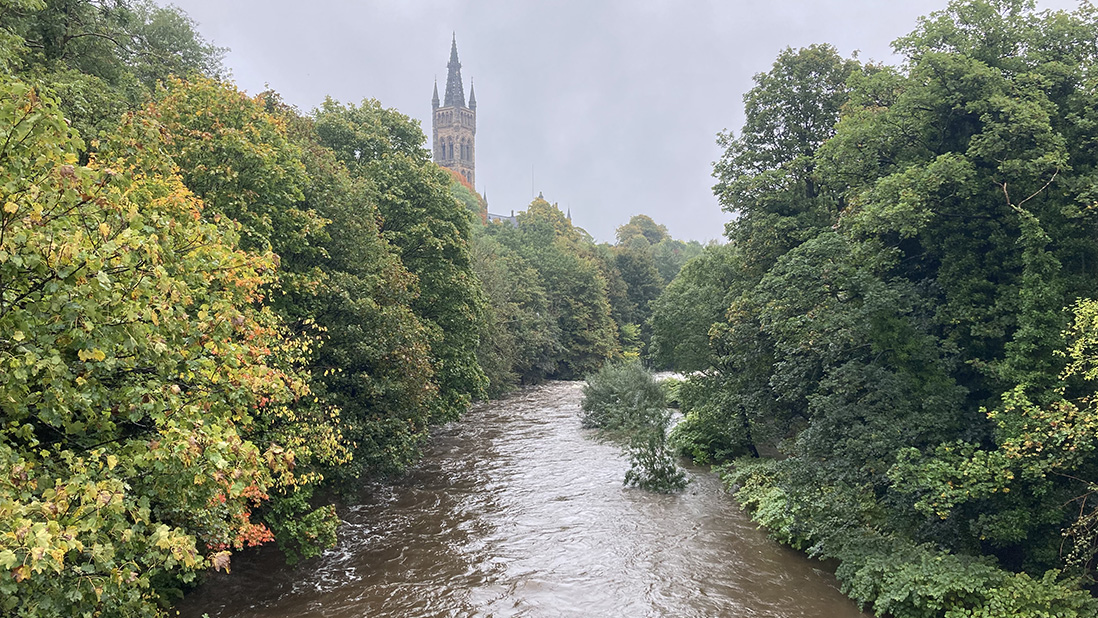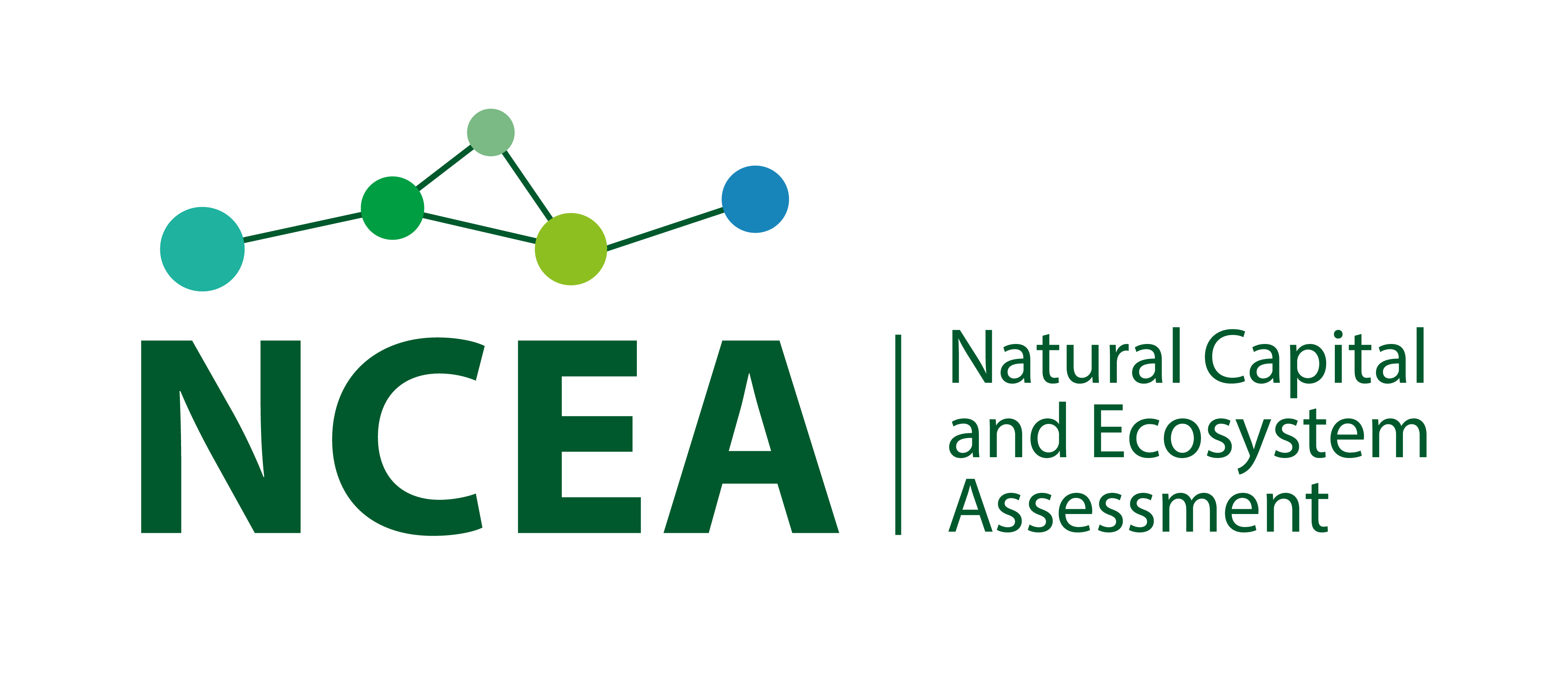11-12 September 2025
University of Glasgow
How can we work well together across interfaces to build more resilient coastal communities and seas?
*Interfaces refer to working with communities of people across the dynamic land-sea interface to co-create practices to help society shift to live more resiliently with our changing coastal seas.
Join us for the Coast-R Network Annual Forum 2025: Co-creating Resilient Coasts
Registrations for the in-person event in Glasgow are now closed, but we’re excited to share that several sessions will be broadcast live online, including the keynote address and insights from our roundtable panel on “Working Across Interfaces”.
We’ll focus on working at interfaces – the meeting points between land and sea, research and practice, science and lived experience – to share insights, deepen relationships, and develop strategies for change.
What to Expect
The Coast-R Annual Forum is an active, collaborative space to explore how we work across interfaces to build coastal resilience.
Over two days, you’ll engage in a mix of workshops, creative activities, and reflective discussions, drawing on diverse case studies and lived experiences from across the UK.
Why Attend?
- Inclusive Dialogue: Engage in meaningful conversations with participants from diverse backgrounds and perspectives.
- Networking Opportunities: Build stronger connections with peers and collaborators.
- Innovative Ideas: Gain fresh insights to enhance your research and projects.
Event Schedule
Day 1 – Thursday 11 September
- 12:00 – 12:45 – Registration & Lunch
- 12:45 – 12:55 – Welcome
- 12:55 – 13:20 – Keynote Speaker: Howard Wood OBE
- 13:20 – 13:30 – Living Glossary
- 13:30 – 13:35 – Session Close, Introduction to the Workshops
- 13:35 – 14:05 – Comfort Break
- 14:05 – 15:35 – Workshop 1: “Pre-Mortem”
- 15:35 – 16:00 – Coffee Break
- 16:00 – 17:15 – Workshop 2: “Imagining Radical Futures” (Culture for Climate Scotland)
- 17:15 – 18:30 – Networking Drinks & Poster Session
Day 2 – Friday 12 September
- 09:00 – 09:05 – Welcome to Day 2
- 09:05 – 09:35 – RECCS Presentations
- 09:35 – 10:35 – Roundtable Discussion: Working Across Interfaces
- 10:35 – 11:05 – Coffee Break
- 11:05 – 12:05 – Thematic Sessions: Block 1 (choose one of four)
- 12:05 – 12:15 – Comfort Break – Room Change
- 12:15 – 13:15 – Thematic Sessions: Block 2 (choose one of four)
- 13:15 – Closing Lunch & Informal Networking
Online Schedule
Day 1 – Thursday 11 September
- 12:45 – 12:55 – Welcome
- 12:55 – 13:20 – Keynote Speaker: Howard Wood OBE
- 13:20 – 13:30 – Living Glossary
- 13:30 – 13:35 – Session Close, Introduction to the Workshops (N.B. workshops only accessible in person)
Day 2 – Friday 12 September
- 09:00 – 09:05 – Welcome to Day 2
- 09:05 – 09:35 – RECCS Presentations
- 09:35 – 10:35 – Roundtable Discussion: Working Across Interfaces
Day One
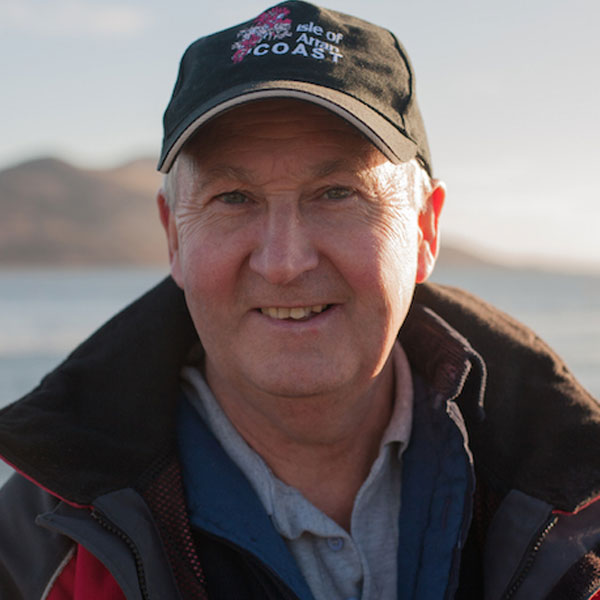
Keynote speaker
We are delighted to welcome Howard Wood OBE, a long-time diver and volunteer with the Community of Arran Seabed Trust (COAST), to give our keynote address. Howard has been a leading voice in community-led marine conservation for decades, he played a key role in securing Scotland’s first No Take Zone in Lamlash Bay and the designation of the South Arran Marine Protected Area. A recipient of the Goldman Environmental Prize and an OBE for services to the marine environment, Howard brings a wealth of experience in grassroots advocacy and marine policy.
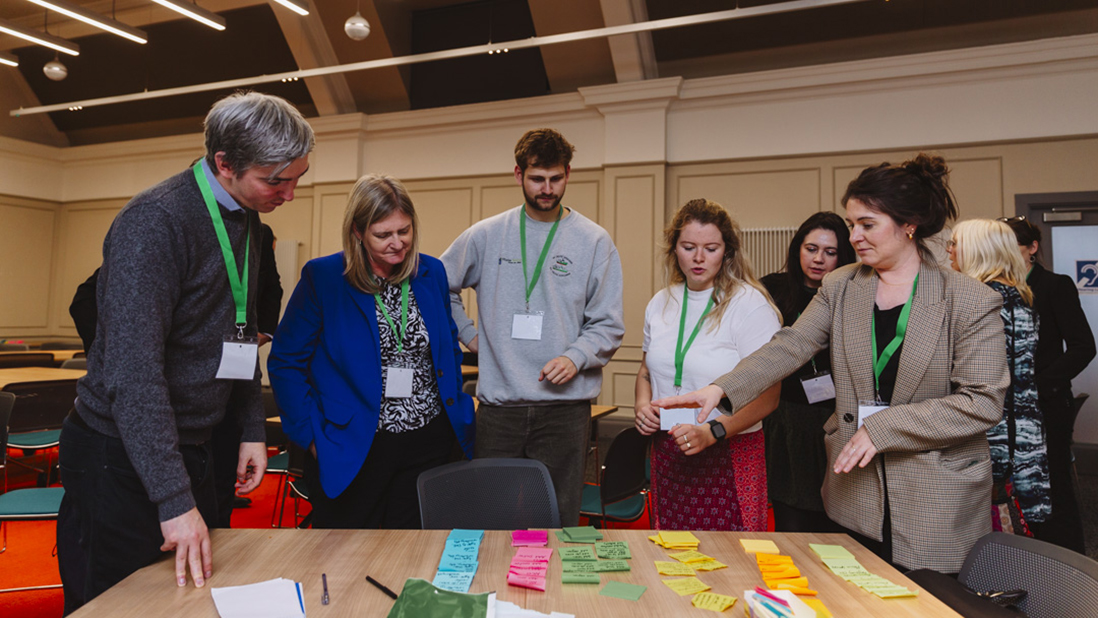
Living glossary
Following last year’s highly interactive “Living Glossary” workshop, the team returns to share how the glossary has evolved and been put into practice over the past year. They’ll highlight ways it has supported collaboration across sectors and outline how the project is now making this research accessible to the wider public.
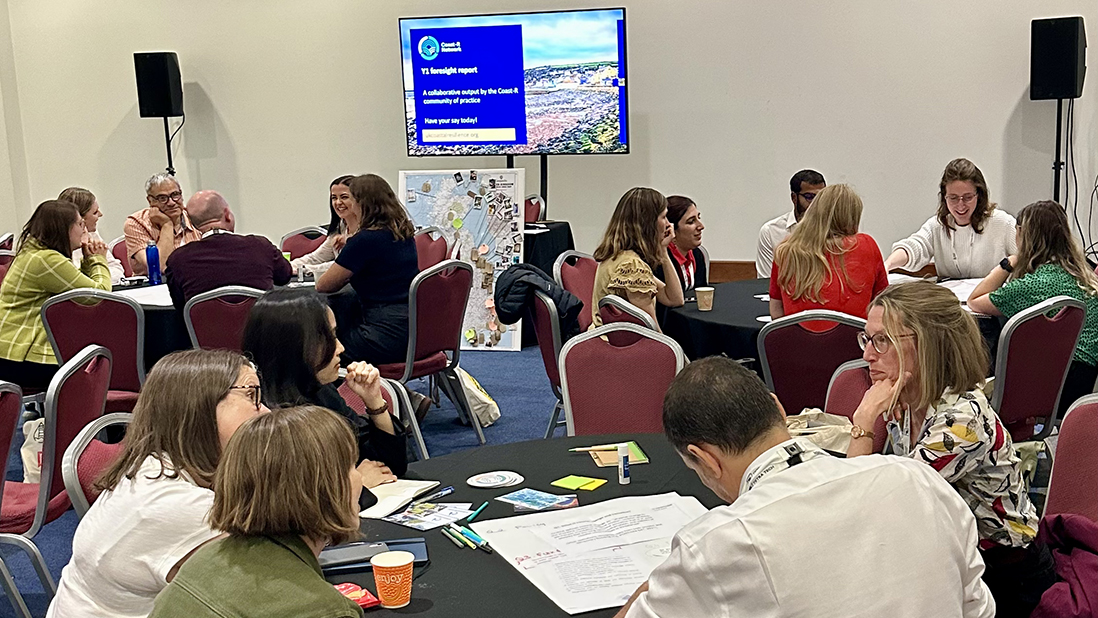
Pre-mortem and Radical Futures workshops
The “Pre-Mortem” workshop will invite participants to imagine a future where coastal resilience efforts have failed, then work backwards to identify risks, blind spots, and actions to avoid this outcome. For the “Imagining Radical Futures” session we will be teaming up with Culture for Climate Scotland to draw on creative and artistic methods to help participants step outside current assumptions and envision bold, transformative solutions for coastal communities.
Networking & Drinks
Our networking and drinks session will have a broad range of activities. Explore a VR simulation of sea level rise, dive into coastal management strategies with Coastcraft on the Minecraft Education platform and browse our poster exhibition covering a wide array of coastal resilience topics. You’ll also find stands hosted by academic projects and community organisations, plus a dedicated board gaming space featuring titles like CO-GREAT – Gaming Rail Flooding Resilience, The Flood Recovery Game, The Climate Risk Card Game, The Lost Spells, and many more!
Day Two
Spotlight on the RECCS Projects
Day two will open with short presentations from the Resilient Coastal Communities and Seas (RECCS) projects: ARISE, RACC, TRACC and TRANSECTS. Together we will look at how the projects are navigating their networks, how they have worked to build new connections, and how we can support each other in bridging the gaps.
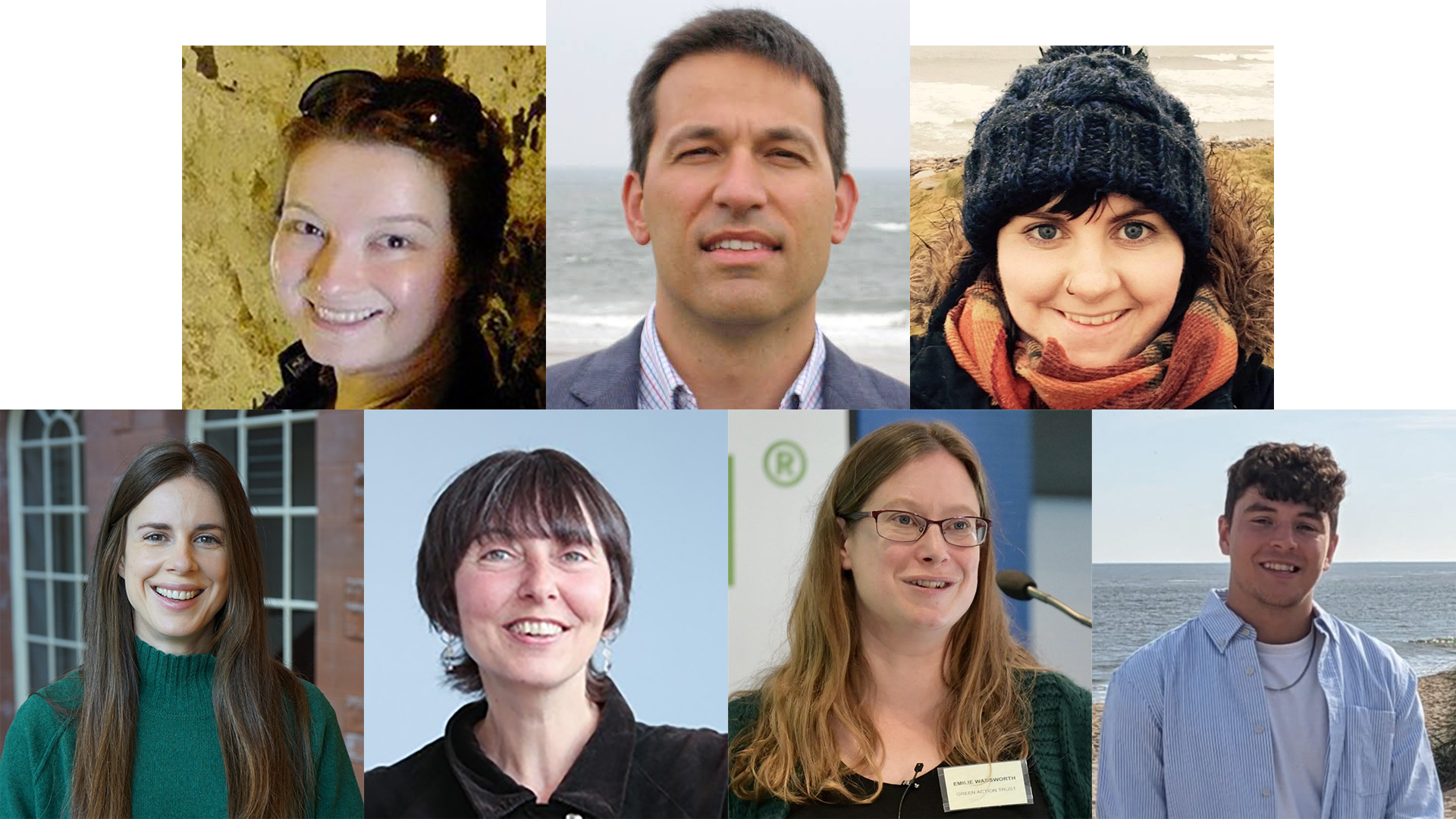
Roundtable discussion
We are delighted to welcome a panel of guest speakers that will share their experiences on working across interfaces – what went well, what went less well and how we can improve our interactions going forward. The panel is comprised of a group of experts from varied backgrounds:
Dr Jade Berman – National Trust (Northern Ireland)
Marine biologist and conservation advisor with global experience in underwater ecosystems and public engagement.
Rebecca Crawford – Scottish Wildlife Trust
Marine Policy Officer focusing on marine protected areas, blue carbon, and building resilience through ecosystem-based management and policy advocacy.
Prof Anna de Jong – University of Glasgow
Tourism researcher focused on spatial justice and resident engagement in sustainability initiatives. Director of Research at the School of Social & Environmental Sustainability.
Dr Tim Stojanovic – University of St Andrews
Environmental Geographer researching sustainability and governance in coastal and marine environments.
Dr Emilie Wadsworth – Verture
Leadership Programme Manager working on nature-based solutions, community adaptation, and climate justice.
Josh Walpole – JBA Consulting
Coastal Analyst focused on developing and delivering data-driven adaptation plans that align with local priorities and integrate community perspectives.
Prof Anna Wilson – University of Glasgow
Interdisciplinary education researcher with a background in physics, HCI, and social learning.
Thematic Sessions
1. Participatory Approaches for Climate-Resilient Communities – a Risky Cities Workshop
How can participatory methods help build long-term thinking and community climate resilience?
Join us for a hands-on participatory workshop exploring some of the methods successfully used in the Risky Cities project to improve individual and community flood resilience. We’ll be using straightforward techniques that focus on the process of making a simple textile piece reflecting the themes of this year’s Coast-R Forum: working at interfaces to build resilient coastal communities and seas.
All materials and tuition will be provided – no prior knowledge or skills needed – and you’ll have materials to take home and finish your piece, as well as finding out more about the way that the Risky Cities project used participatory arts methods to bring Hull’s flood histories to life and drive resilience to flooding now and in the future.
2. Playing your (coastal adaptation) hand – a Gallant Workshop
Reflecting on a catalogue of possible actions to increase climate adaptation in land use decision-making
In this workshop we will be reflecting on a “catalogue of possibilities” for approaches and actions which organisations and individuals could use to implement adaptation thinking into their land use decision-making. Working in small groups we will use a deck of “possibilities” cards which provide actions which have either been used or suggested for use from real-world global scenarios.
This workshop will provide you will a chance to talk through the feasibility and desirability of our identified approaches, as well as the “wildcard” option of suggesting your own. The workshop will provide you with the opportunity to identify actions within your power to progress… and a network of like-minded people collaborate with in your day-to-day decision-making. You will also be helping us to identify the actions and approaches which require additional research to bring to life and to shape the future of adaptation planning in the UK and beyond.
3. Tools for Coastal Futures – with Dynamic Coast and StrathE2E
How can data-driven tools help us better understand and respond to coastal risks and ecosystem change?
This practical session introduces two powerful, user-friendly tools designed to support coastal and marine decision-making through data, modelling, and visualisation.
Dynamic Coast
Dynamic Coast will guide participants through their interactive web portal, which visualises historical shoreline change and future erosion risk. Learn how the tool is helping planners, policymakers, and communities in Scotland adapt to climate-driven coastal change – and how you can explore its datasets and apply them in your own work.
Marine Ecosystems Explorer
How could humans live more in harmony the sea? Explore your ideas with an ecosystem model.
Anyone living or working by the sea will have noticed changes in marine wildlife over time – e.g. birds, seals, whales, fish, jellyfish, seaweeds. Many will have an opinion about why these are happening – e.g. climate change, pollution, fishing. Figuring out what may really be happening is difficult, because everything in the marine food web is interconnected and changes may be due to several factors.
Computer models, based on mathematical ecology, offer a way to understand the past and make projections of what may happen in the future. In this interactive workshop we will explore an online app which makes such models easily accessible. Absolutely no mathematical knowledge required – just an enquiring mind! Be prepared to suggest ideas on how humans could live more in harmony with the sea, and we will try to explore them with the app.
4. Resilience Role-Playing Game: Rebuilding Together with the National Centre for Resilience
How do communities recover from disaster – and how can they build back stronger?
Step into the shoes of a fictional community member navigating life after a natural disaster in this interactive role-playing game developed by the National Centre for Resilience.
Participants will take on different roles within a community and work together to make decisions about recovery and preparedness, all while balancing competing needs, priorities and uncertainties. Through the game, you’ll explore what resilience means in practice, the challenges of inclusive decision-making, and how different perspectives shape recovery outcomes.
This session offers a hands-on, thought-provoking way to engage with the complex social and institutional dynamics that underpin resilient coastal communities.
Contribute to a Growing Community of Practice
Throughout the event, we’ll explore lessons from working at environmental, academic, social, and policy interfaces, drawing on the experiences of practitioners, researchers, and communities.
By taking part, you’ll contribute to an evolving body of knowledge on co-creating coastal resilience. Together, we’ll surface practical insights and collaborative strategies that support more adaptive, inclusive, and transdisciplinary approaches to change.
Practical Info
The Coast-R Annual Forum 2025 will take place at the Advanced Research Centre (ARC), University of Glasgow on 11–12 September 2025.
Registrations for the in-person event in Glasgow are now closed, but we’re excited to share that several sessions will be broadcast live online, including the keynote address and insights from our roundtable panel on “Working Across Interfaces”. Please note that online access will not include the interactive workshops or hands-on sessions.
Don’t miss this opportunity to connect, learn, and contribute to the resilience of our coastal communities and seas. Mark your calendar and join us to co-create a hopeful, resilient future for coastal communities and seas.
Remember to register on our Eventbrite!
We look forward to welcoming you in Glasgow!

